Potential poisoning and succession posturing for South Africa’s Zulu king
Conflicting reports over king’s health highlight ongoing bitter power struggles
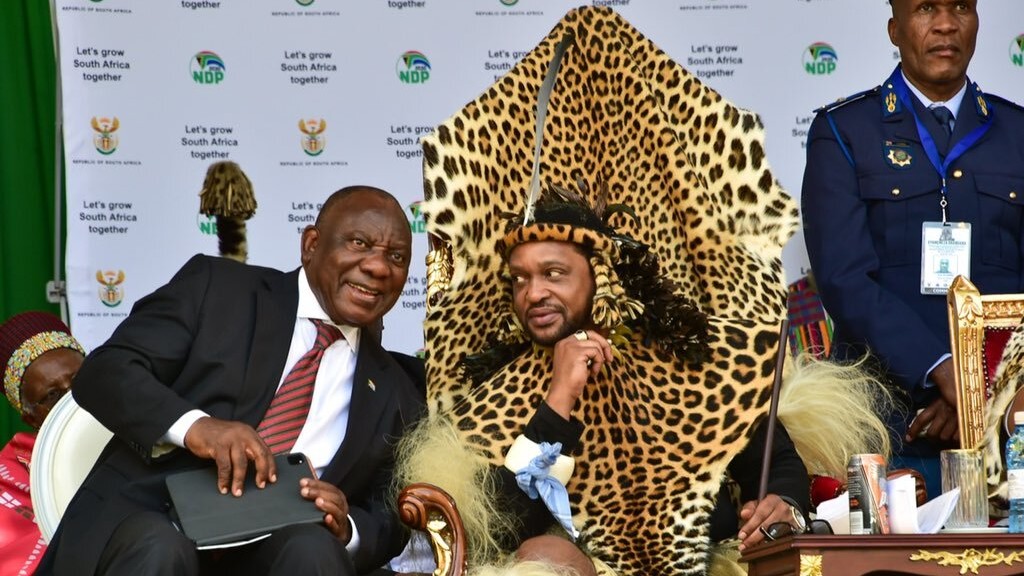
A free daily email with the biggest news stories of the day – and the best features from TheWeek.com
You are now subscribed
Your newsletter sign-up was successful
Power struggles within South Africa’s Zulu monarchy have intensified amid contradictory claims from two high-profile officials over the king’s health.
The prime minister to the Zulu royal family, Mangosuthu Buthelezi, said on Saturday that the king had been hospitalised in neighbouring Eswatini on suspicion of poisoning after the sudden death of one of his advisers.
This was vehemently denied by the spokesperson to the king and by King Misuzulu kaZwelithini himself, who insisted that he was “fit and sound”, undergoing a routine check-up.
The Week
Escape your echo chamber. Get the facts behind the news, plus analysis from multiple perspectives.

Sign up for The Week's Free Newsletters
From our morning news briefing to a weekly Good News Newsletter, get the best of The Week delivered directly to your inbox.
From our morning news briefing to a weekly Good News Newsletter, get the best of The Week delivered directly to your inbox.
The contradiction “is a sign of how the relationship between King Misuzulu and Chief Buthelezi has fallen apart”, reported Nomsa Maseko from Johannesburg for BBC News.
Misuzulu, 48, ascended the Zulu throne last year “following a bitter family succession battle”, said Africa News. His father, Goodwill Zwelithini, died in 2021 after reigning for half a century, leaving behind six wives and “at least 28 children”, two of whom legally contested the succession.
What happened?
Mangosuthu Buthelezi, prominent MP and founder of the right-wing Inkatha Freedom Party, (IFP), is now 94 and has served as prime minister to the Zulu royal family since 1952. He said in a statement on Saturday that the king was receiving hospital treatment in Eswatini.
The king’s adviser, Douglas Xaba, “passed on quite suddenly”, said Buthelezi, and “there are suspicions that he was poisoned”. When the king began to feel unwell, “he suspected that he too may have been poisoned”, said Buthelezi.
A free daily email with the biggest news stories of the day – and the best features from TheWeek.com
But the king’s spokesperson, Prince Africa Zulu, told AFP on Sunday that this was “an orchestrated agenda and a desperate narrative to communicate defamatory and baseless claims of his majesty’s ill health”. The king had undergone “precautionary and thorough” medical tests in “a context of Covid” after the adviser’s death, he said.
“The motives are unclear,” he is quoted as saying by The Times’s Jane Flanagan in Cape Town, but “the political environment is ripe” due to the approaching elections.
On Monday, the king himself denied both reports, telling AFP he was “fit and sound”. “I’m happy, everything is well-functioning, there is no poison whatsoever,” he said in a video the same day. “So please people, mostly to the Zulu people, the Zulu royal family also to remind everyone to please don’t listen to everything that people say.”
Misuzulu “finds himself at the centre of a political tug-of-war” between the two factions, said News24, who both see the Zulu king as important ahead of the 2024 elections.
A riposte came from Buthelezi on Tuesday, saying in a statement that there was “certainly no growing rift” between him and the king. He had not “acted in malice”, he said. There may be “disagreements on matters from time to time”, but that was “like any other family”.
What is the Zulu royal family?
The Zulu monarchs – like all traditional chiefs and sovereigns – are recognised by the South African constitution but hold no formal political power. The Zulu king’s role is “largely ceremonial”, said the BBC, but he enjoys “a yearly government-funded budget of several million dollars”.
The House of Zulu nevertheless wields huge influence and “profound moral authority” over the more than 11 million Zulus, said Africa News, who make up nearly a fifth of the population.
Misuzulu’s father was the longest-reigning Zulu monarch, sitting on the throne for nearly 50 years. When he died in March 2021 of diabetes-related complications, he willed the interim regency to his third wife, Queen Mantfombi Dlamini-Zulu, known as the “Great Wife”, as the only one of six with royal blood.
But just over a month later, she died suddenly aged 65 without having appointed a successor, amid rumours – denied by the family – that she had been poisoned.
At her funeral, her first son, Misuzulu, was announced as the new king. This was “a development that did not go down well with other family members”, said AFP.
What is the Zulu succession drama?
Indeed, Misuzulu’s elevation “triggered the nation’s gravest crisis in the two centuries since its founder, Shaka Zulu, was speared to death by family members”, said The Times.
At least two of the late king’s other children have made rival claims to the throne “amid accusations of forged wills and incest”, taking their challenge to the courts.
The drama all hinges on the Zulu tradition of polygamy. South Africa only allows for “customary” multiple marriages to take place, not civil ones, so technically only the king’s first marriage is legal. The absence of “written procedures” related to multiple marriages have led successions to be contested “for generations”, Flanagan wrote.
When Queen Mantfombi’s will was read out, naming Misuzulu as the next king, the palace “quickly descended into chaos”, reported the South African Sunday Times. Misuzulu “had to be whisked away from the meeting” by the South African police for his own safety.
When Misuzulu was crowned last year, the traditional spear-carrying regiments were flanked by riot police.
Harriet Marsden is a senior staff writer and podcast panellist for The Week, covering world news and writing the weekly Global Digest newsletter. Before joining the site in 2023, she was a freelance journalist for seven years, working for The Guardian, The Times and The Independent among others, and regularly appearing on radio shows. In 2021, she was awarded the “journalist-at-large” fellowship by the Local Trust charity, and spent a year travelling independently to some of England’s most deprived areas to write about community activism. She has a master’s in international journalism from City University, and has also worked in Bolivia, Colombia and Spain.
-
 Quentin Deranque: a student’s death energizes the French far right
Quentin Deranque: a student’s death energizes the French far rightIN THE SPOTLIGHT Reactions to the violent killing of an ultra-conservative activist offer a glimpse at the culture wars roiling France ahead of next year’s elections.
-
 Secured vs. unsecured loans: how do they differ and which is better?
Secured vs. unsecured loans: how do they differ and which is better?the explainer They are distinguished by the level of risk and the inclusion of collateral
-
 ‘States that set ambitious climate targets are already feeling the tension’
‘States that set ambitious climate targets are already feeling the tension’Instant Opinion Opinion, comment and editorials of the day
-
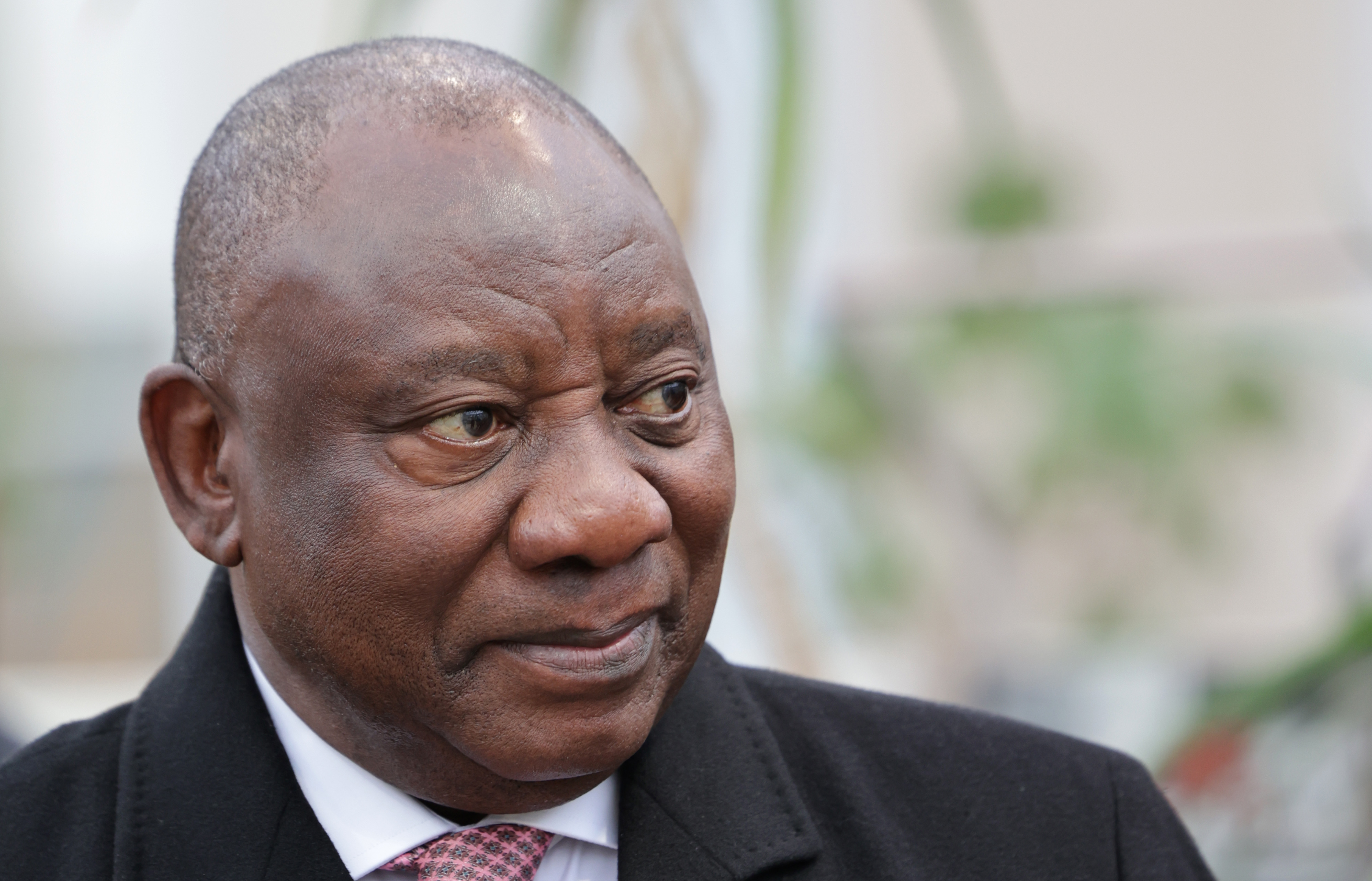 Embattled South African president will not resign, says it is up to political party to decide fate
Embattled South African president will not resign, says it is up to political party to decide fateSpeed Read
-
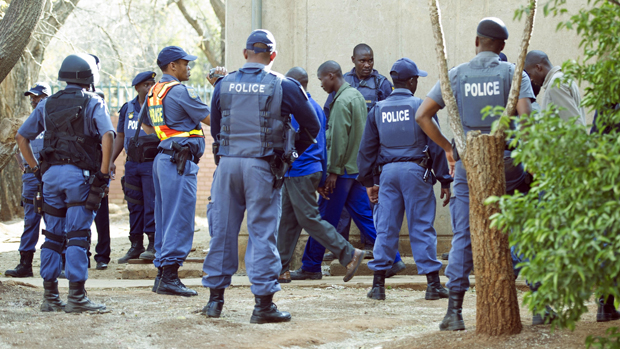 The Week Unwrapped: Africa alert, ticket touts and the words of the year
The Week Unwrapped: Africa alert, ticket touts and the words of the yearpodcast Is South Africa at risk of terrorist attacks? Why are ticket touts in such high demand? And are we really in a ‘permacrisis’?
-
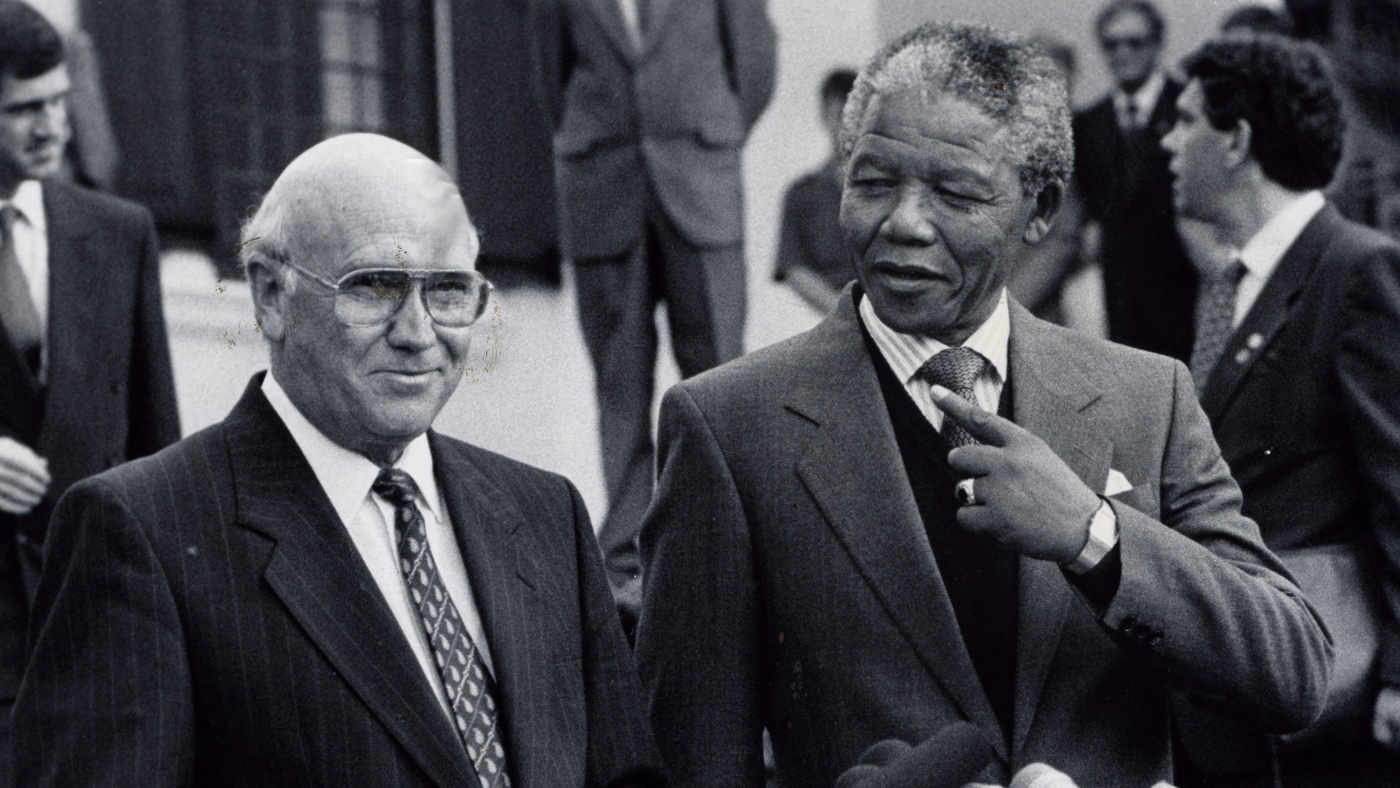 ‘FW de Klerk should be given considerable credit for the end of apartheid’
‘FW de Klerk should be given considerable credit for the end of apartheid’Instant Opinion Your digest of analysis from the British and international press
-
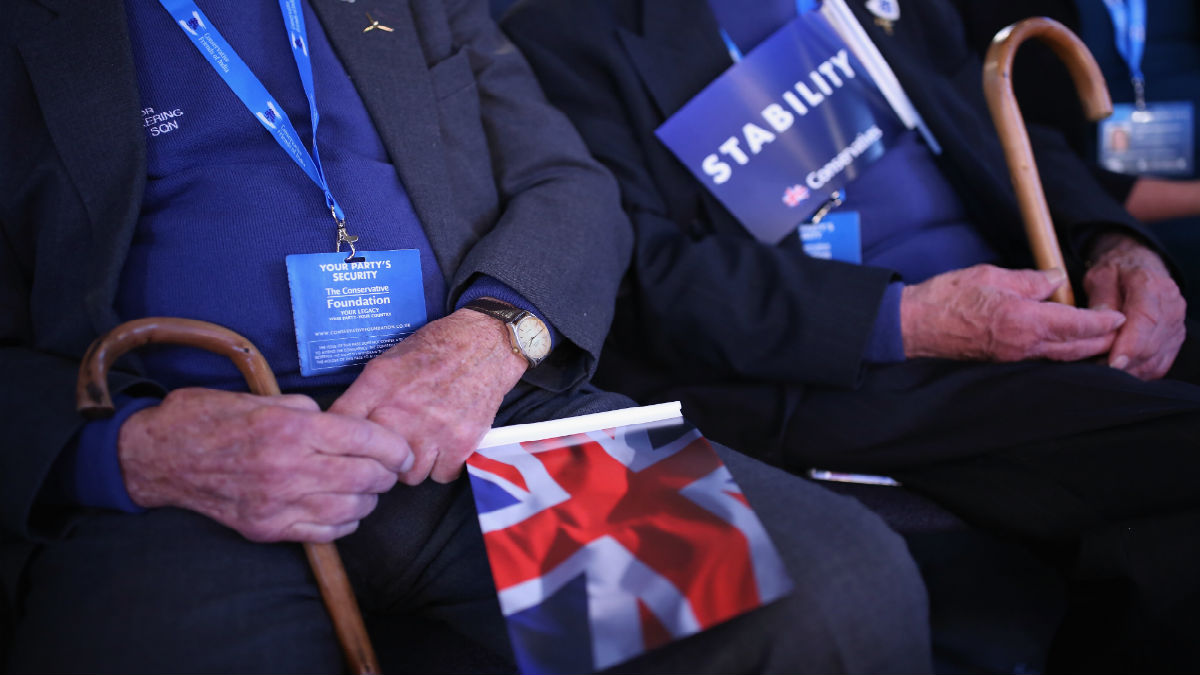 Instant Opinion: Have the Tories reached the ‘end of the road’?
Instant Opinion: Have the Tories reached the ‘end of the road’?In Depth Your guide to the best columns and commentary on Wednesday 11 September
-
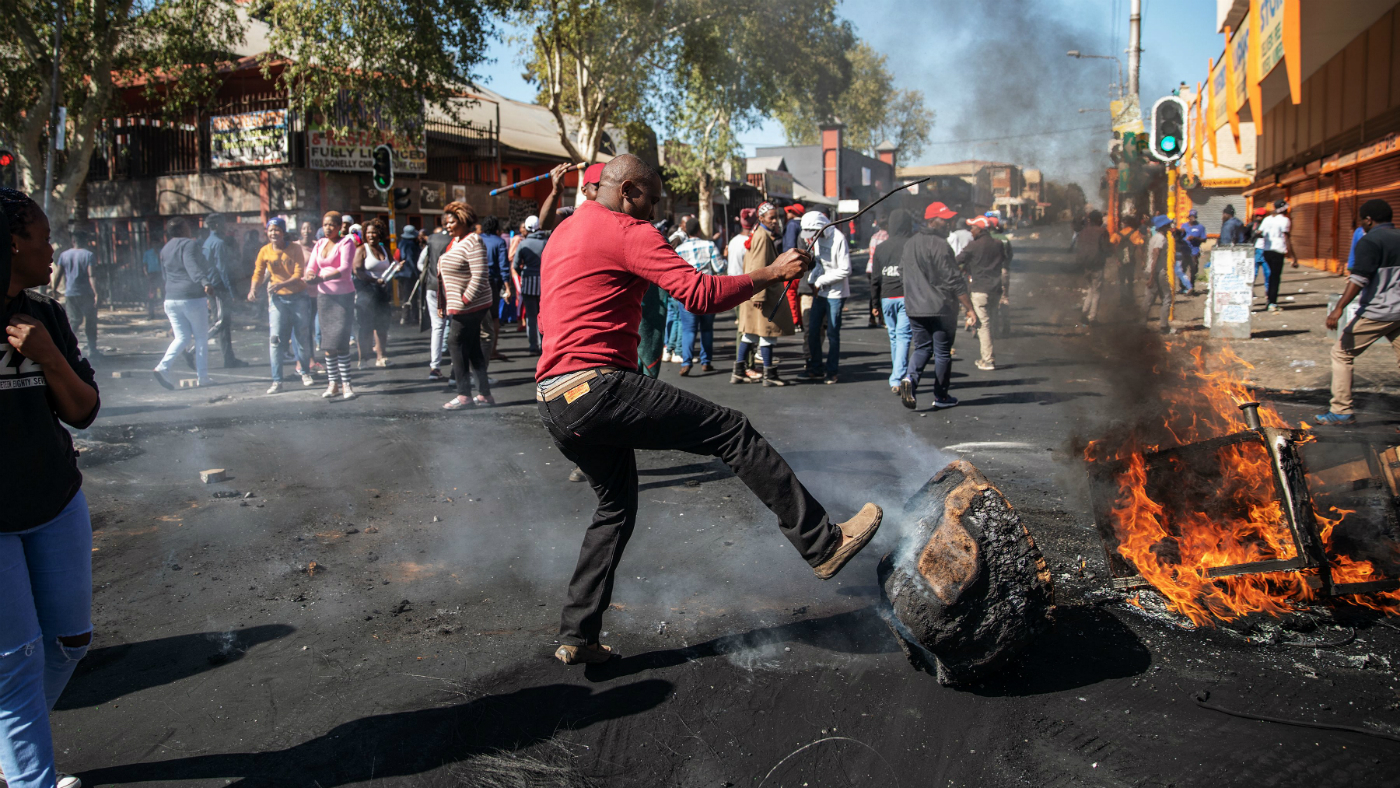 South Africa shaken by xenophobic riots
South Africa shaken by xenophobic riotsIn Depth President Ramaphosa condemns anti-immigrant violence that has prompted backlash across the continent
-
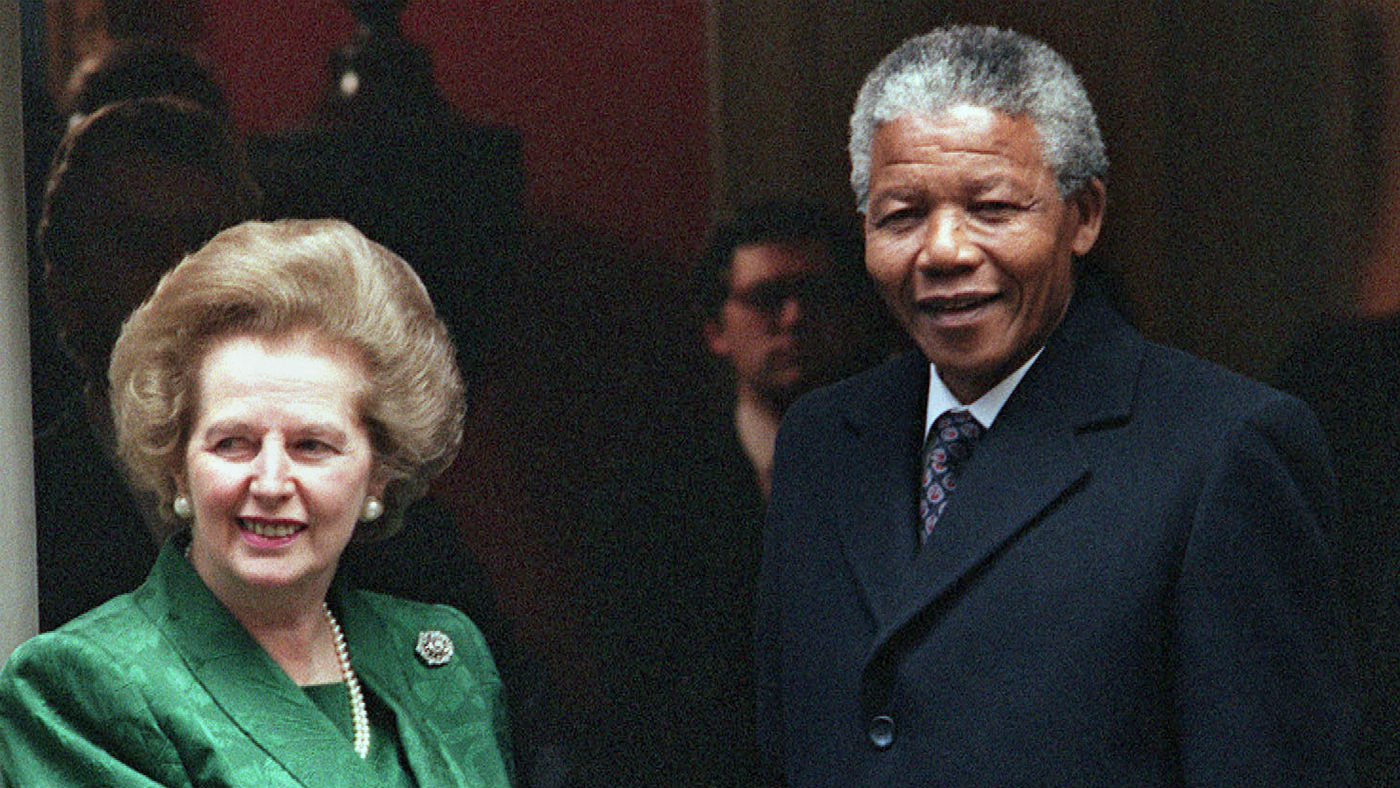 Margaret Thatcher ‘believed South Africa should be whites-only’
Margaret Thatcher ‘believed South Africa should be whites-only’Speed Read Ex-head of diplomatic service also says former PM distrusted Germany and hated men with moustaches
-
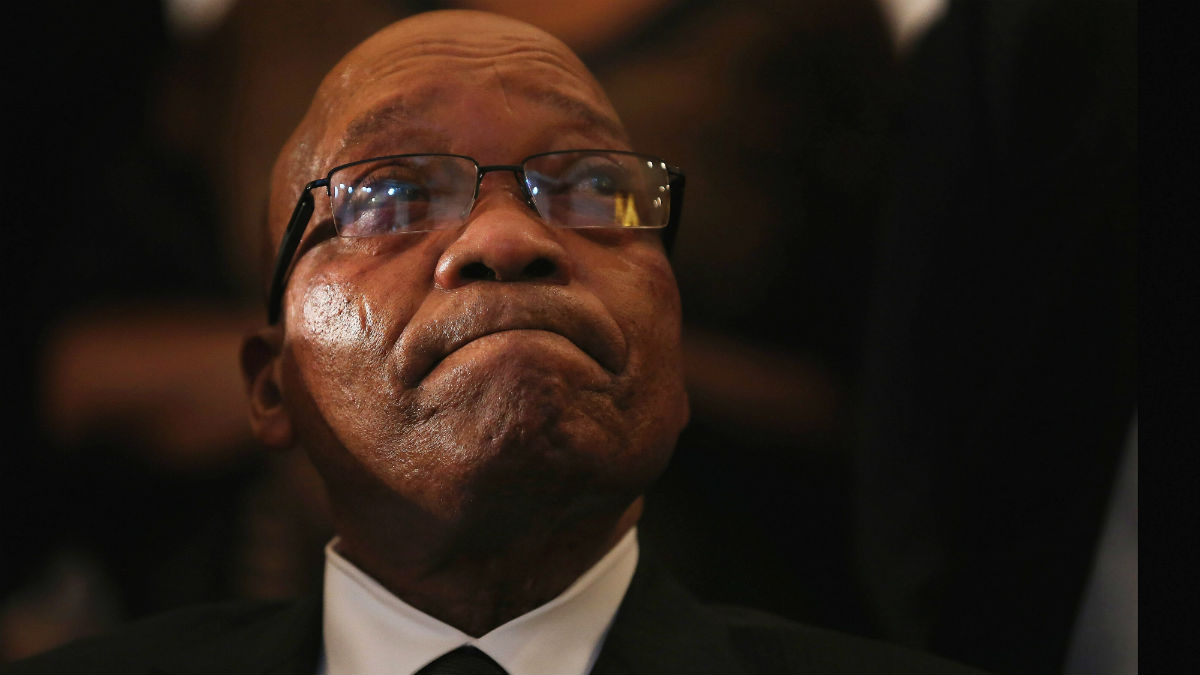 Jacob Zuma clings on – but for how much longer?
Jacob Zuma clings on – but for how much longer?In Depth South African court rules that a decision to drop 783 corruption charges against Zuma should be reviewed
-
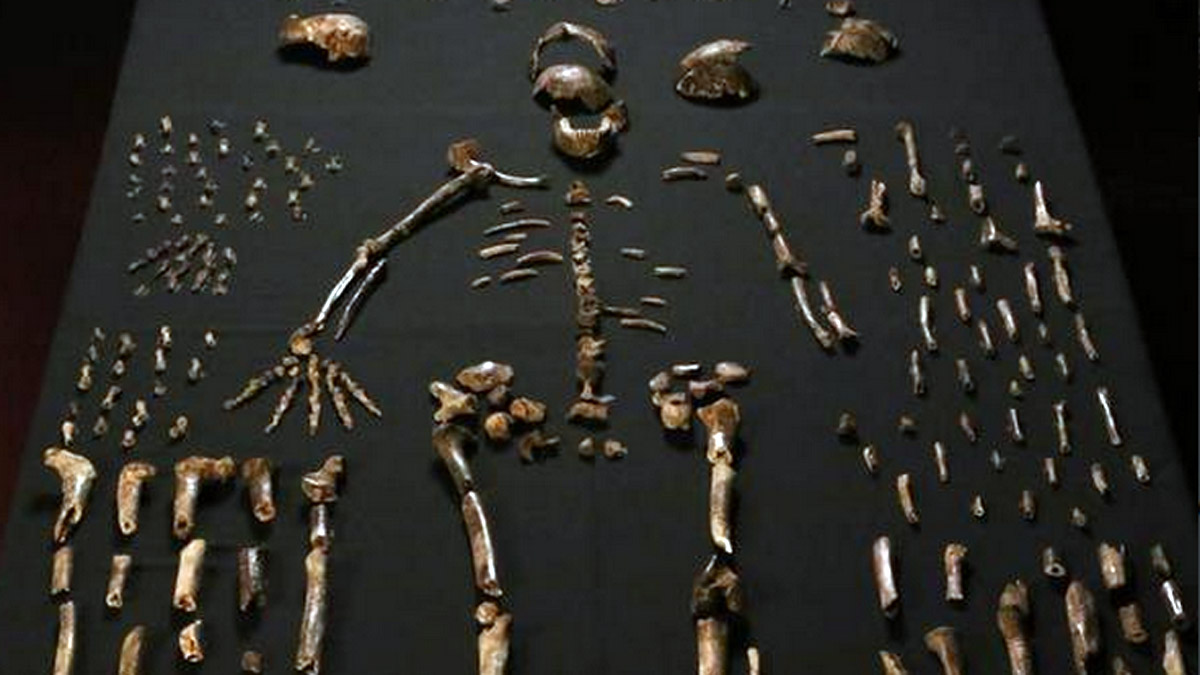 New species of ancient human found in cave, claim scientists
New species of ancient human found in cave, claim scientistsSpeed Read 'Homo Naledi' was very skinny with powerful joint muscles and the brain the size of a gorilla's